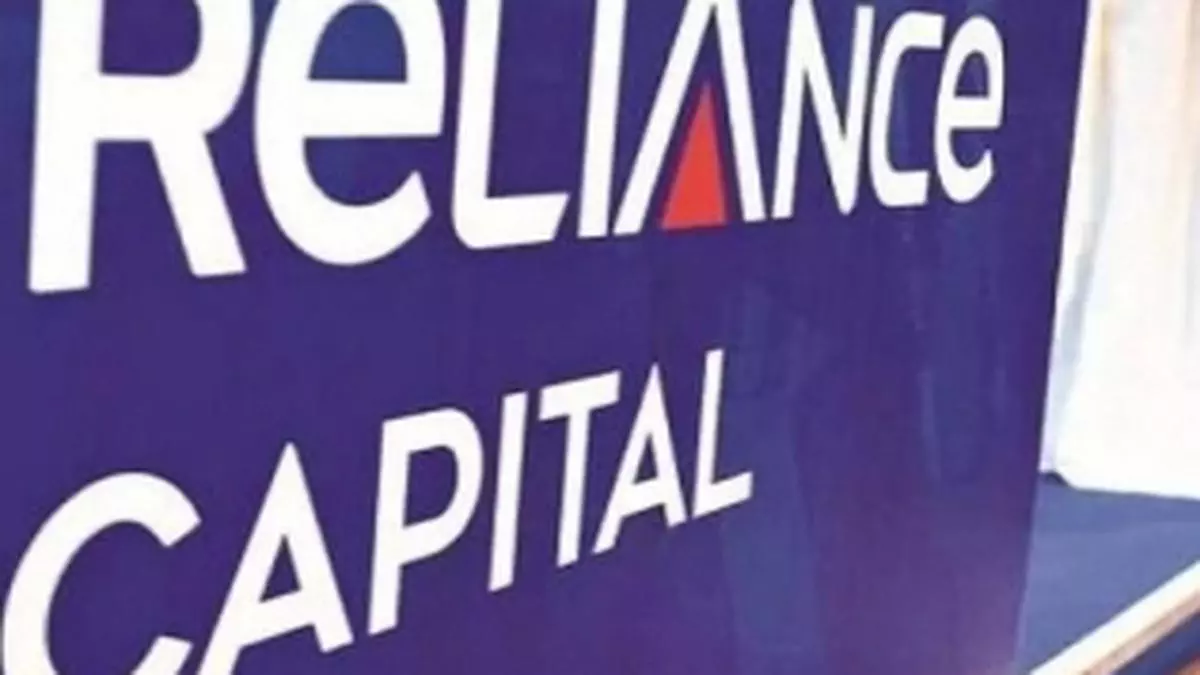NCLT dismisses Anil Ambani plea against use of Reliance Capital brand by IIHL
The National Company Law Tribunal has dismissed an application filed by Anil Dhirubhai Ambani Ventures seeking revocation of an earlier order allowing Reliance Capital to use the ‘Reliance’ brand for three years during the implementation of its resolution plan.
Justice VG Bisht (Retd) and Prabhat Kumar, upheld the original order as necessary for a smooth transition of the company under the Corporate Insolvency Resolution Process.
In its order, NCLT said the Tribunal has permitted limited usage of the brand name only for implementation of the Resolution Plan with an outer limit of three years to enable the acquirer to substitute its brand with the Reliance brand,” emphasising the importance of business continuity during a critical phase.
RCL, a major financial services provider, entered CIRP following its inability to meet its financial obligations.
IndusInd, successful bidder
IndusInd International Holdings was selected as the successful resolution applicant, and its plan was approved by the NCLT in February.
The dispute arose over the use of the brand ‘Reliance’ by RCL during this resolution process. ADAVPL, which owns the brand, contended that a Brand Licensing Agreement between the parties had been terminated due to financial breaches by RCL.
The BLA, signed in April 2014, was set for 10 years and had allowed RCL to use the brand for free, but the applicant claimed that the terms of the agreement had been violated and thus the use of the brand should cease after the resolution process concluded.
ADAVPL contended that the February order, which allowed RCL and IIHL to use the brand for an extended three-year period, was an error.
Is brand an ‘asset’ of the company?
The applicant emphasised that the brand was not an ‘asset’ of RCL and should not have been part of the resolution plan.
However, the NCLT rejected these claims, pointing out that ADAVPL had agreed to allow RCL to use the brand during CIRP to ensure business continuity. Furthermore, the tribunal noted that ADAVPL had the opportunity to raise objections earlier in the process but chose not to do so. The tribunal found that the extended use of the brand was essential for facilitating the transition and the resolution plan’s success.
“The applicant was fully aware of the stage of the resolution process of the corporate debtor and cannot now claim that they were unaware of the proceedings before us,” said the tribunal.
